Back to Courses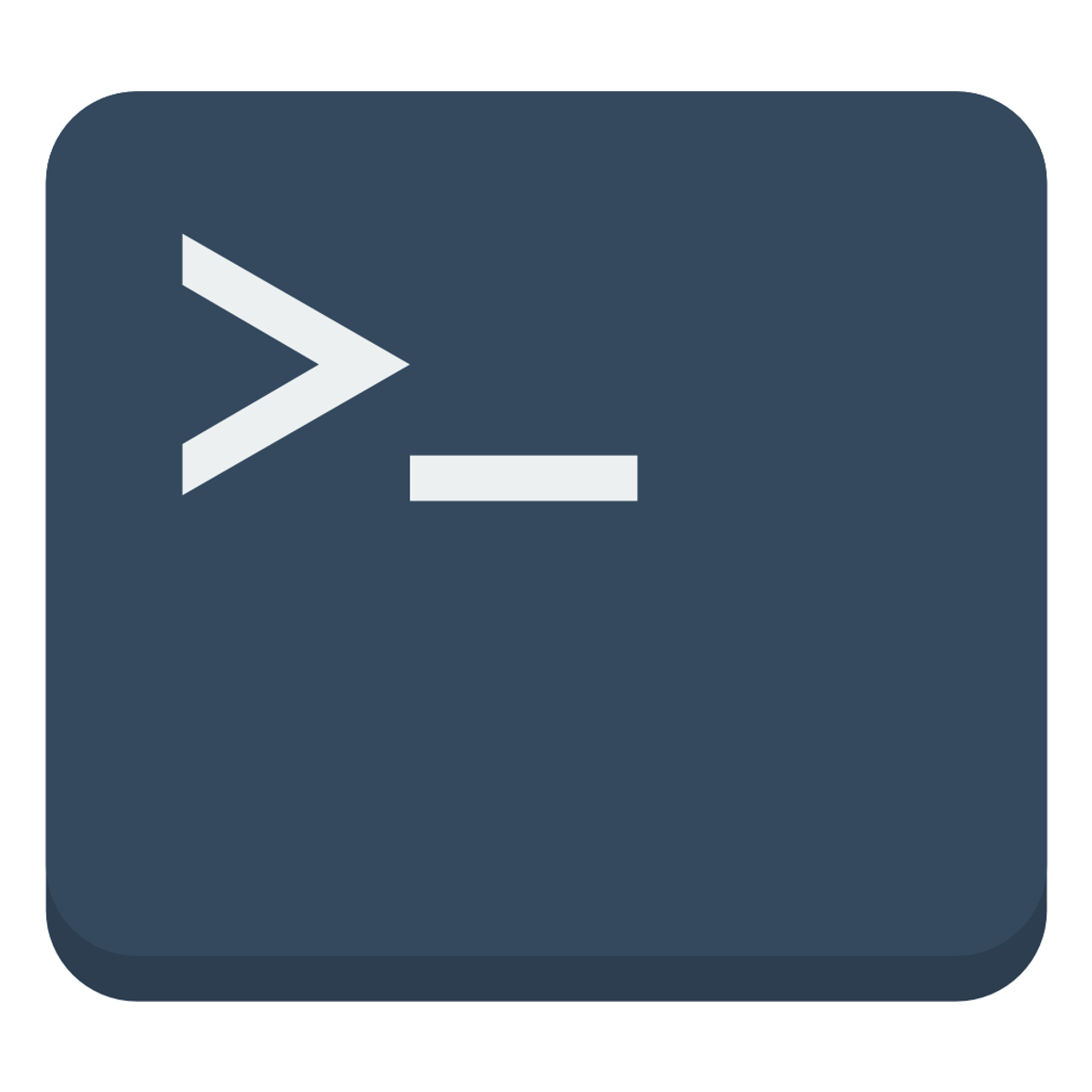
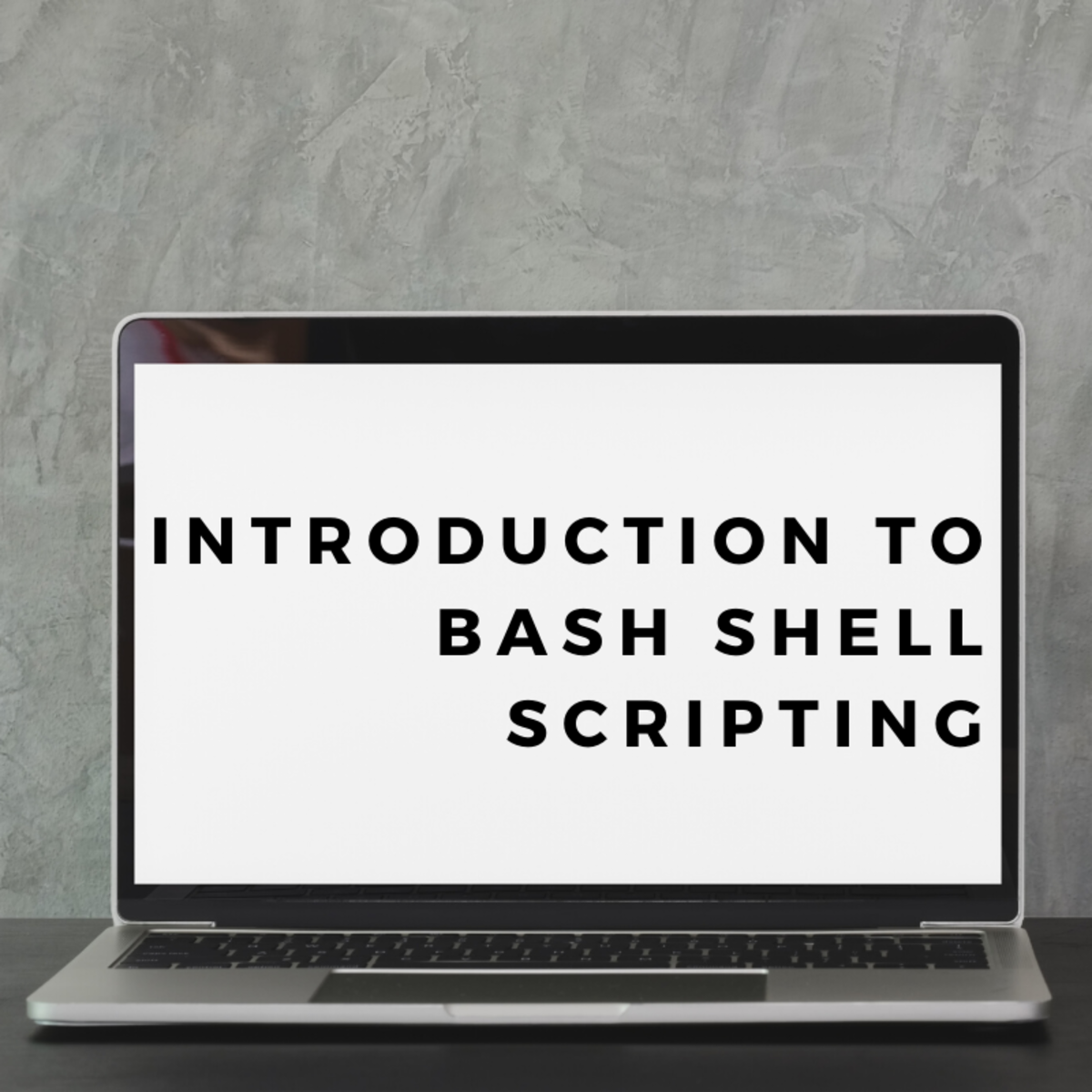
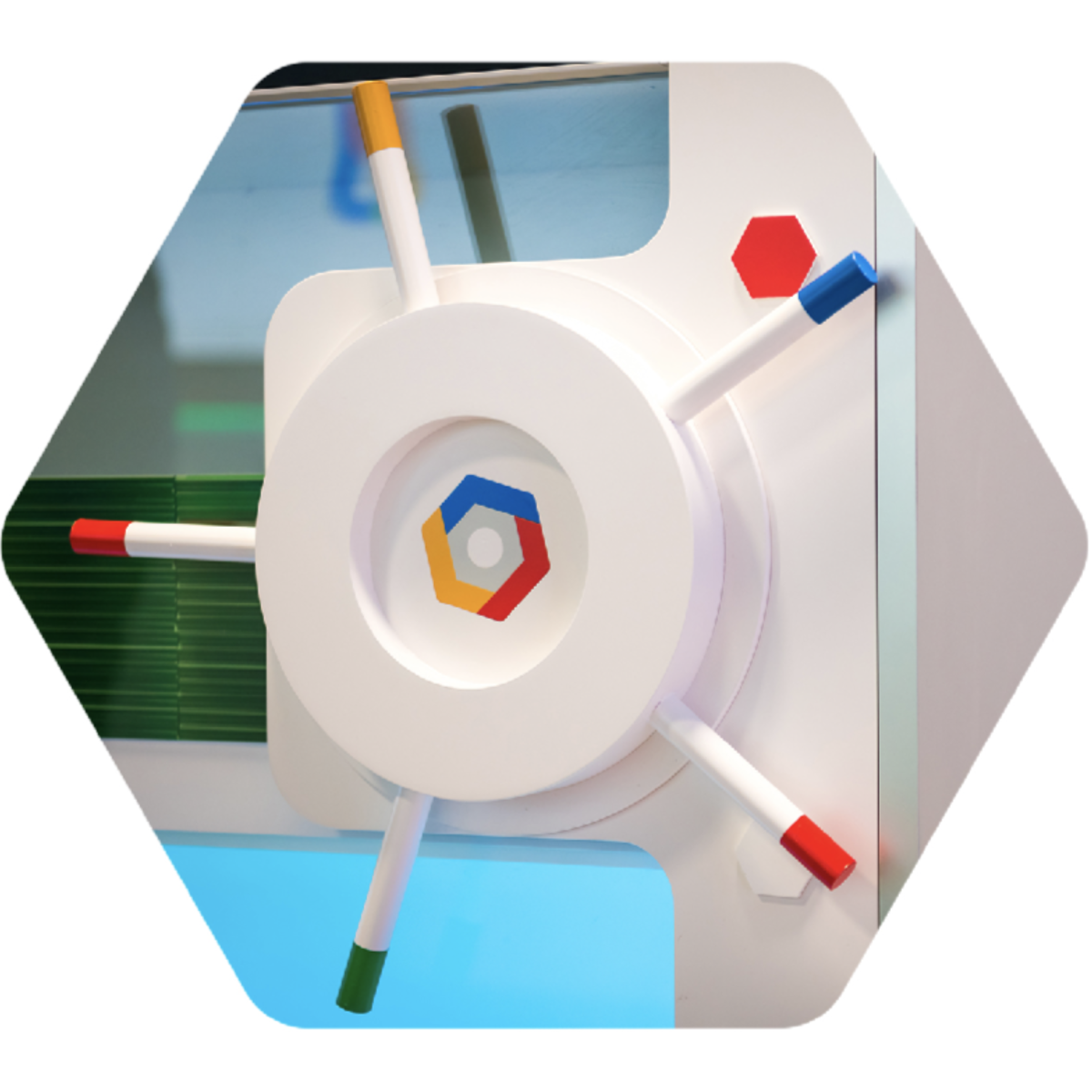


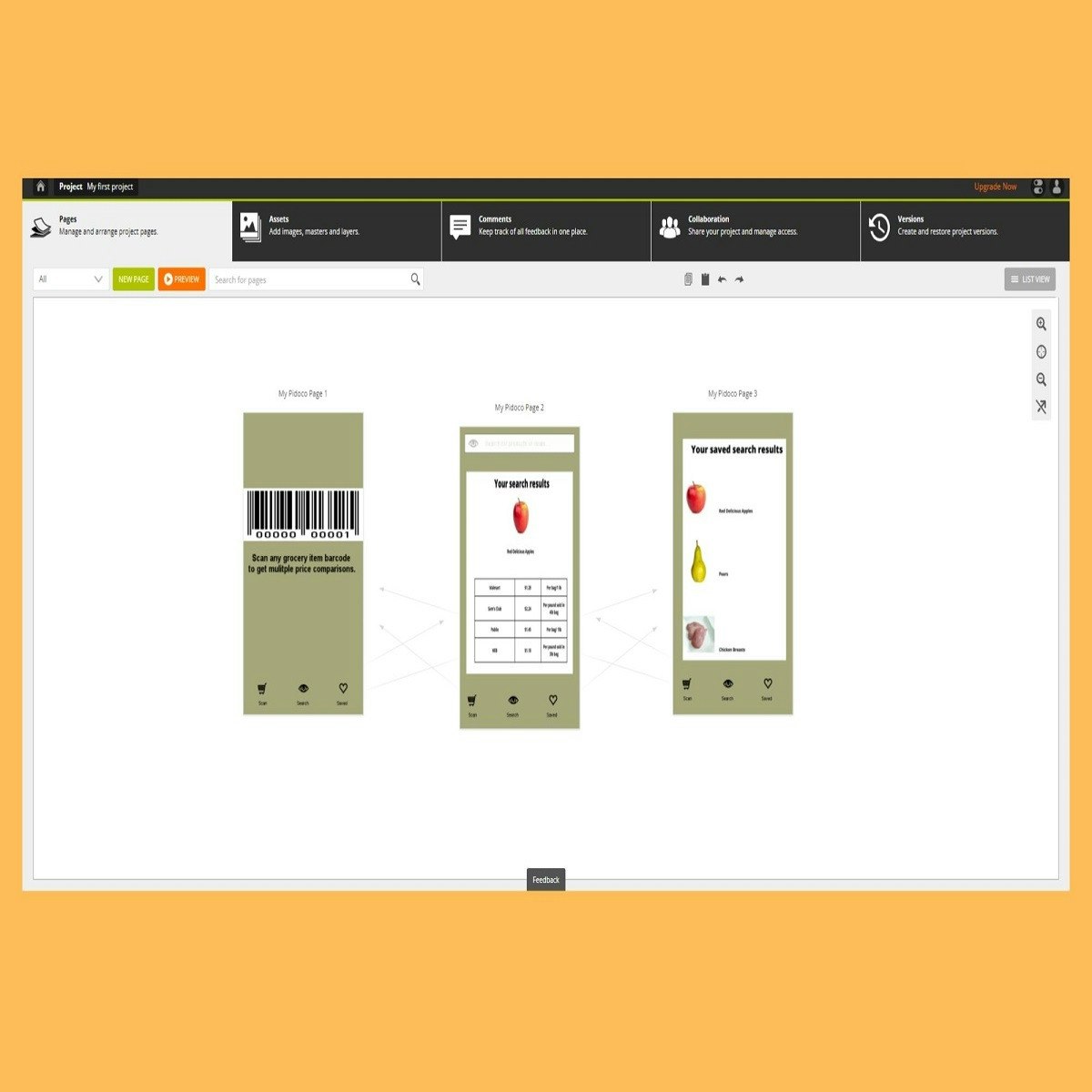

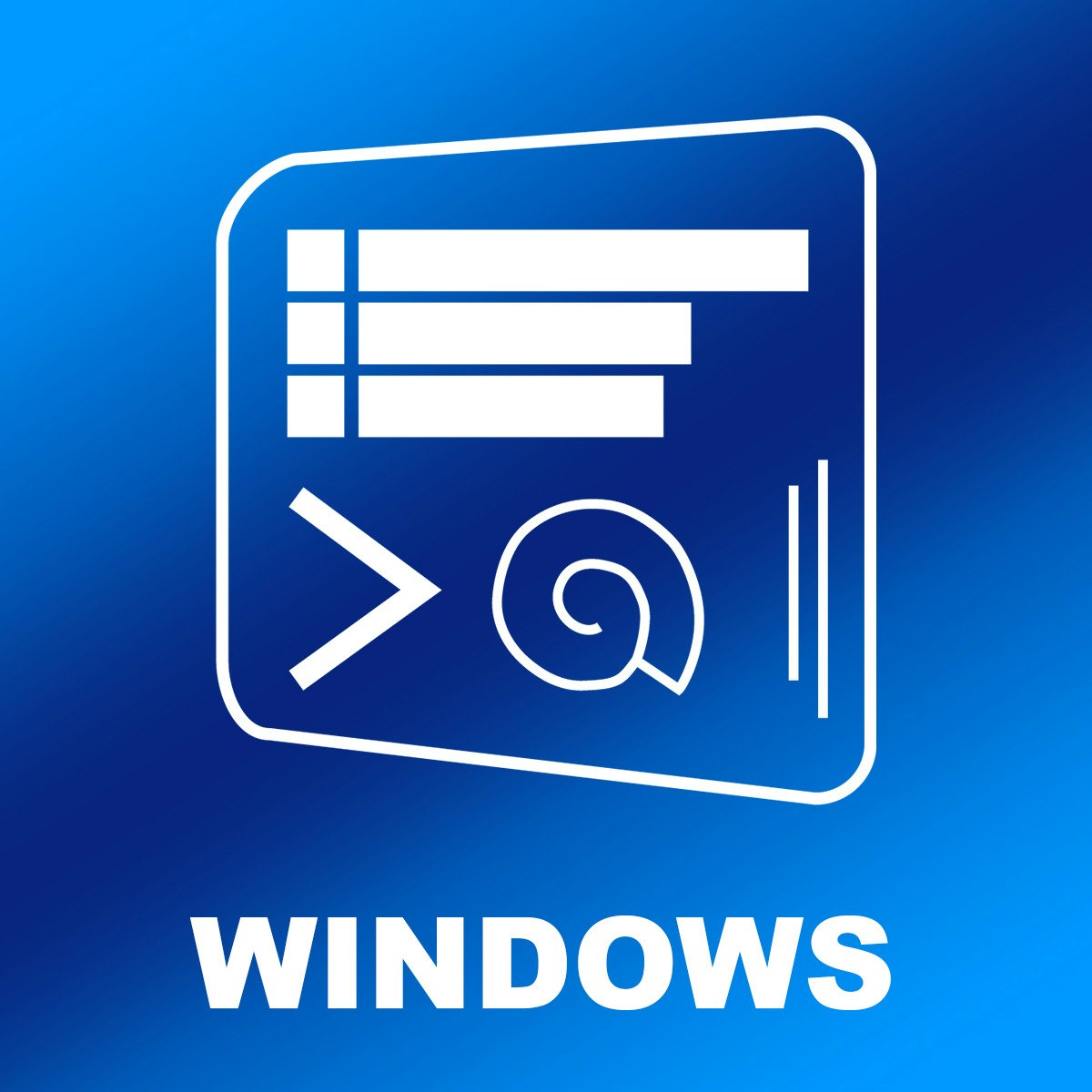
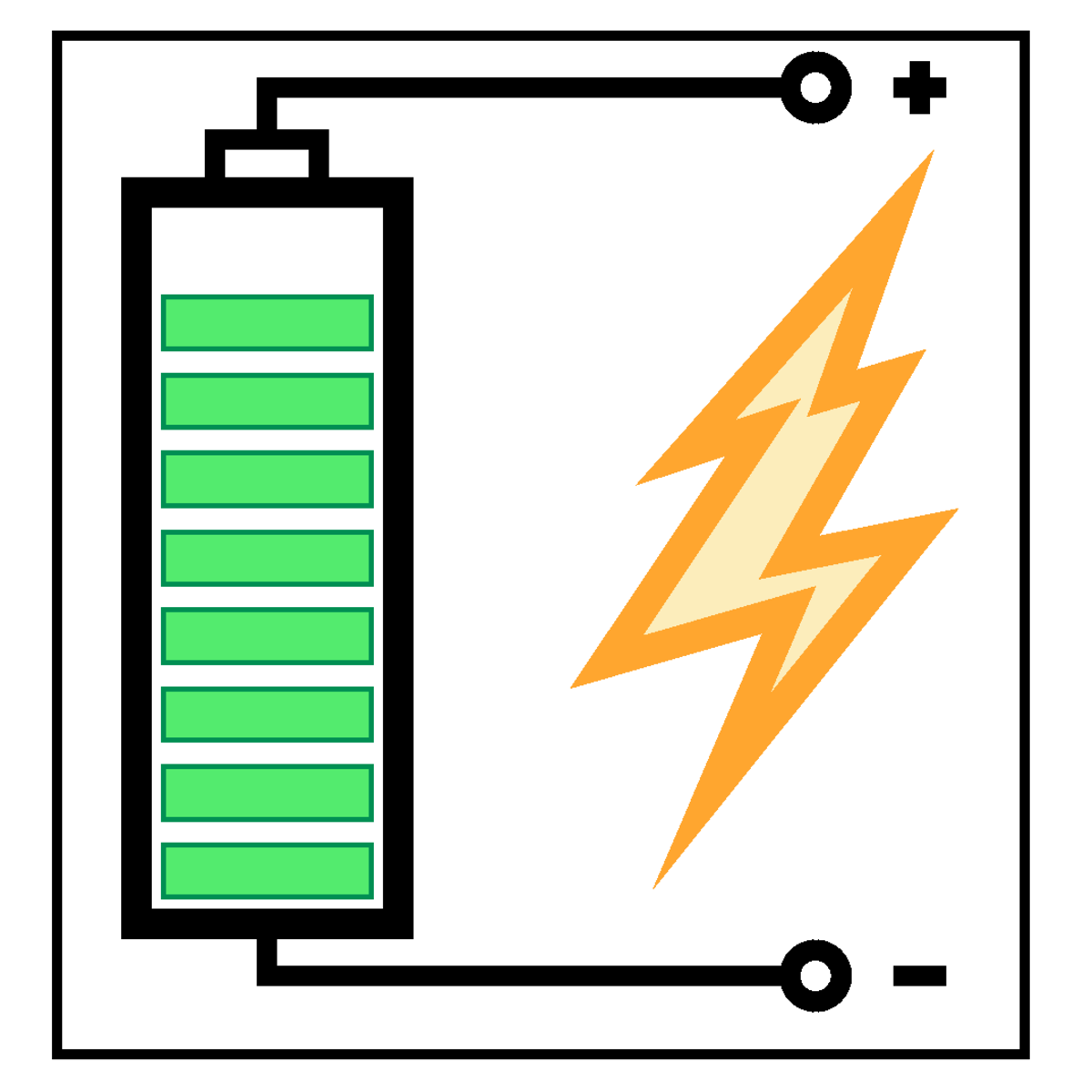
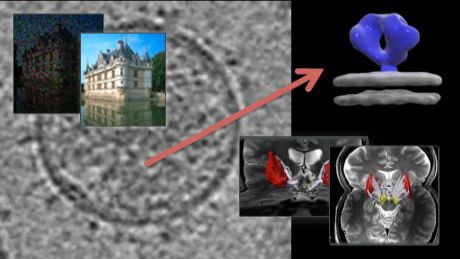
Computer Science Courses - Page 22
Showing results 211-220 of 2309
Shell Scripting with Bash: Basics
In this project, you will learn how to use Bash for creating basic shell scripts. After completing the 1-hour hands-on guided project, you'll know how to automatically rename a collection of files, read the contents of a file line by line and use all basic constructs of Bash.
Note: It's recommended that you have some experience with the command line before starting this project. Consider looking into the project 'Practical introduction to the Command Line' first - https://www.coursera.org/projects/practical-introduction-to-the-command-line.

Introduction to Bash Shell Scripting
This course will help those new to shells and shell scripting to build a foundation with the Bash shell. We'll learn several Bash shell commands that will allow you to navigate and use the shell for everyday tasks. We will also write a Bash shell script that will back up a directory and email the compressed file, a culmination of all the commands we’ll cover. We will cover:
Not only will you gain the knowledge to customize your system, you will have a solid foundation to expand what you can do with Bash on the command line and in scripts. This beginner-level guided project is perfect for those who have an interest in learning to use a Linux or Unix operating system, whether to gain new skills in IT or software development, or to use an alternative to commercial, proprietary software. Those with no experience in IT, software development, cybersecurity, and more can start here and build on necessary skills for future training and employment.
Note: This course works best for learners who are based in the North America region. We’re currently working on providing the same experience in other regions.

Mitigating Security Vulnerabilities on Google Cloud en Français
In this self-paced training course, participants learn mitigations for attacks at many points in a Google Cloud-based infrastructure, including Distributed Denial-of-Service attacks, phishing attacks, and threats involving content classification and use. They also learn about the Security Command Center, cloud logging and audit logging, and using Forseti to view overall compliance with your organization's security policies.

System Administration and IT Infrastructure Services
This course will transition you from working on a single computer to an entire fleet. Systems administration is the field of IT that’s responsible for maintaining reliable computers systems in a multi-user environment. In this course, you’ll learn about the infrastructure services that keep all organizations, big and small, up and running. We’ll deep dive on cloud so that you’ll understand everything from typical cloud infrastructure setups to how to manage cloud resources. You'll also learn how to manage and configure servers and how to use industry tools to manage computers, user information, and user productivity. Finally, you’ll learn how to recover your organization’s IT infrastructure in the event of a disaster.
By the end of this course you’ll be able to:
● utilize best practices for choosing hardware, vendors, and services for your organization
● understand how the most common infrastructure services that keep an organization
running work, and how to manage infrastructure servers
● understand how to make the most of the cloud for your organization
● manage an organization’s computers and users using the directory services, Active
Directory, and OpenLDAP
● choose and manage the tools that your organization will use
● backup your organization’s data and know how to recover your IT infrastructure in the case of
a disaster
● utilize systems administration knowledge to plan and improve processes for IT environments

Create Moving Platforms and Elevators with C# in Unity
In this one-hour, project-based course, you'll be able to learn how to create a moving platform, allowing the Player to move as a passenger on it. You'll also create a button-controlled elevator and write the underlying code to make it work.
The guided project will introduce you with the following Unity concepts:
- Colliders
- Object Hierarchy
- Coding techniques including Transforms and Lerp.
- OnTrigger Events
This series also makes use of the sci-fi-themed Unity project created in Create Power-Ups and Obstacles with C# in Unity. It compliments this guided project and, although not a prerequisite, is recommended for a more well-rounded understanding of the concepts presented herein.
Note: This course works best for learners who are based in the North America region. We’re currently working on providing the same experience in other regions.

Create Interactive Prototypes with Pidoco
Creating wireframes and interactive user design prototypes is an important step in your planning process. Pidoco is a web based application that can help you with this process. Exploring the possibilities of apps like this help you to find the one that works best for you or your organization. Pidoco allows for interactivity so that you can simulate your application. You are able to share prototypes, work with comments and comment history throughout your development. Pidoco says it is easy to use and learn, you can explore the application in this project and decide for yourself. In this project you will create an interactive prototype with Pidoco.

On Premises Installation and Fundamentals with Google Cloud's Apigee API Platform
This course introduces you to the fundamentals and advanced practices applicable to the installation and management of Google Cloud's Apigee API Platform for private cloud.
Through a combination of lectures, hands-on labs, and supplemental materials, you will learn how to design, install, secure, manage, and scale Apigee API Platform.

Build a Toolkit with Advanced Windows Commands
In this 1.5 hour guide project, you will learn some advanced Windows commands as well as how to create and combine batch scripts to create powerful utilities for the Windows environment. At the end of this project, you will be armed with the knowledge you need to create your own batch script and expand the toolkit we created in this project. Topics covered include: Pipes, streams, robust copy, file attributes, file existence check, incremental backup, batch scripts, variables, string extraction, conditionals, loops, and timer. Must have knowledge of basic Windows commands, such as change directory, list directory, moving and copying files.

Battery Pack Balancing and Power Estimation
This course can also be taken for academic credit as ECEA 5734, part of CU Boulder’s Master of Science in Electrical Engineering degree.
In this course, you will learn how to design balancing systems and to compute remaining energy and available power for a battery pack. By the end of the course, you will be able to:
- Evaluate different design choices for cell balancing and articulate their relative merits
- Design component values for a simple passive balancing circuit
- Use provided Octave/MATLAB simulation tools to evaluate how quickly a battery pack must be balanced
- Compute remaining energy and available power using a simple cell model
- Use provided Octave/MATLAB script to compute available power using a comprehensive equivalent-circuit cell model
Image and Video Processing: From Mars to Hollywood with a Stop at the Hospital
In this course, you will learn the science behind how digital images and video are made, altered, stored, and used. We will look at the vast world of digital imaging, from how computers and digital cameras form images to how digital special effects are used in Hollywood movies to how the Mars Rover was able to send photographs across millions of miles of space.
The course starts by looking at how the human visual system works and then teaches you about the engineering, mathematics, and computer science that makes digital images work. You will learn the basic algorithms used for adjusting images, explore JPEG and MPEG standards for encoding and compressing video images, and go on to learn about image segmentation, noise removal and filtering. Finally, we will end with image processing techniques used in medicine.
This course consists of 7 basic modules and 2 bonus (non-graded) modules. There are optional MATLAB exercises; learners will have access to MATLAB Online for the course duration. Each module is independent, so you can follow your interests.
